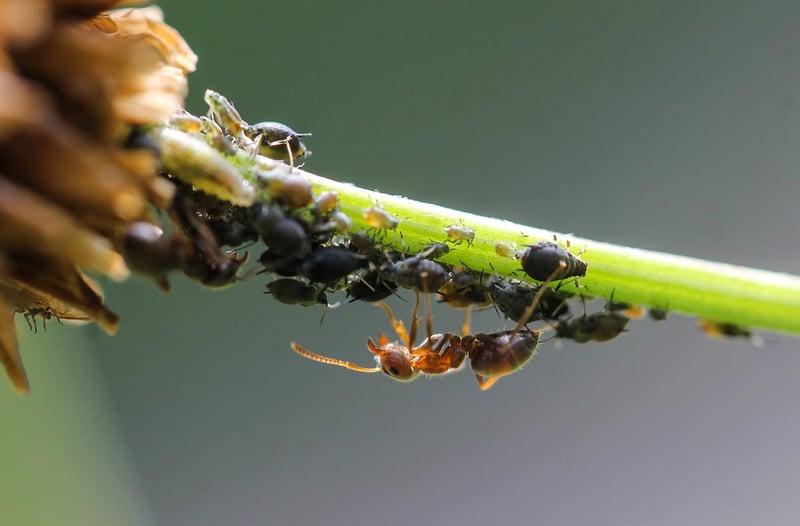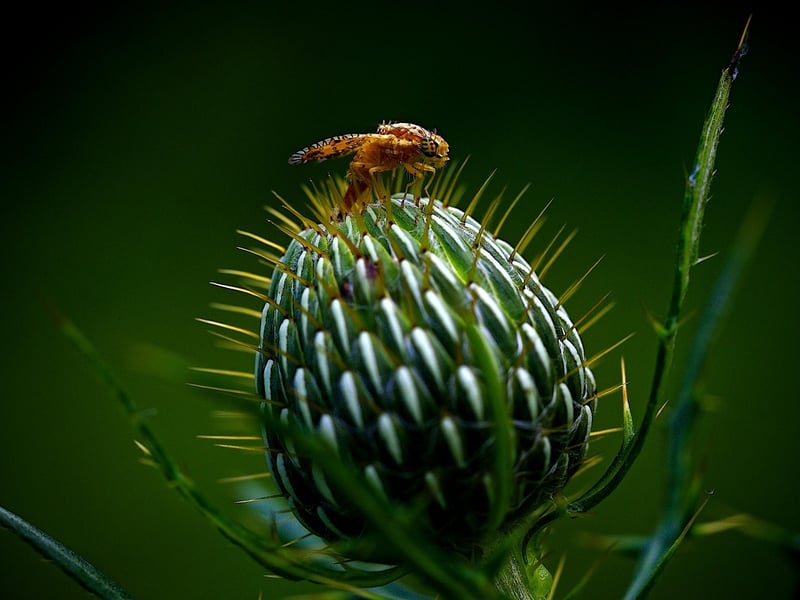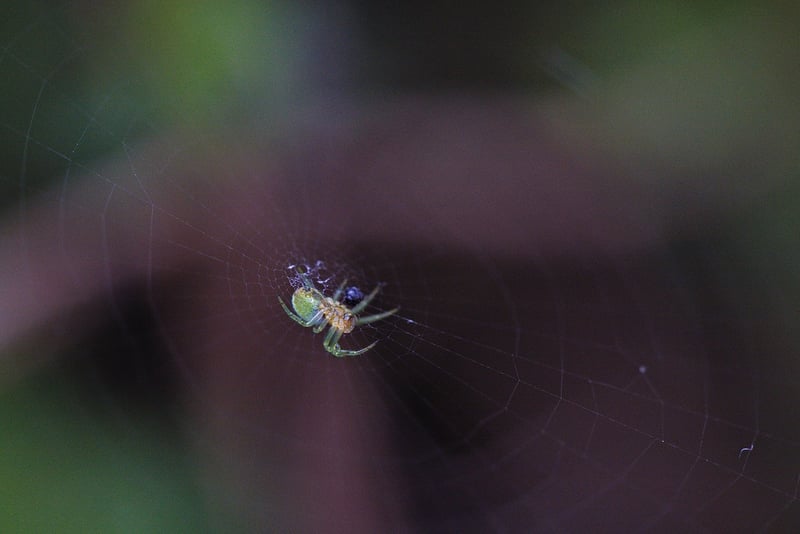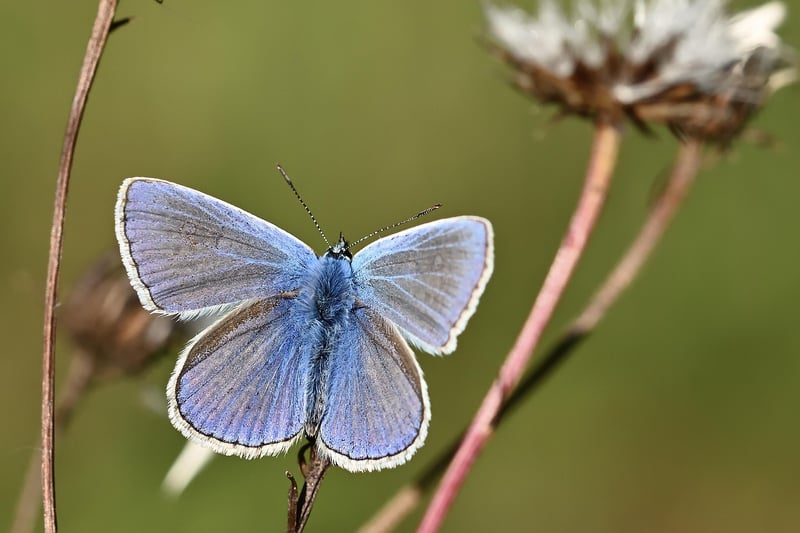Common Insects
Protecting Your Plants from Pests: Common Insects to Watch Out For
Keeping your plants healthy and thriving involves more than just watering and sunlight. Pests, particularly insects, can wreak havoc on your beloved plants if left unchecked. In this guide, we'll explore some common insects that can harm your plants and provide tips on how to protect them effectively.
Common Plant Pests
Aphids
Aphids are small, pear-shaped insects that can be green, yellow, black, or brown. They feed on plant sap, causing leaves to curl and distort. Aphids reproduce quickly, so early detection is key to preventing infestations.

Whiteflies
Whiteflies are tiny, moth-like insects that feed on plant sap. They leave behind a sticky substance called honeydew, which can attract mold. Whiteflies can quickly multiply and weaken plants if not controlled.

Spider Mites
Spider mites are not insects but are closely related to spiders. These tiny pests suck the sap from plants, causing leaves to appear speckled or stippled. They thrive in hot, dry conditions and can rapidly infest plants.

Protecting Your Plants
1. Regular Inspection
Inspect your plants regularly for any signs of pest infestation. Look for discolored leaves, distorted growth, or visible insects.
2. Natural Predators
Encourage natural predators like ladybugs, lacewings, and parasitic wasps in your garden. These beneficial insects can help keep pest populations in check.
3. Neem Oil
Use neem oil, a natural pesticide derived from the neem tree, to control a variety of pests. Neem oil is safe for plants and can effectively deter many common insects.
4. Insecticidal Soap
Insecticidal soap is a gentle and effective way to control soft-bodied insects like aphids, whiteflies, and spider mites. Be sure to cover all plant surfaces for maximum effectiveness.
5. Diatomaceous Earth
Diatomaceous earth is a natural powder that can be sprinkled around plants to create a barrier against crawling insects. It works by dehydrating and ultimately killing insects that come into contact with it.
By staying vigilant and taking proactive measures, you can protect your plants from common pests and ensure a healthy garden. Remember, early intervention is key to preventing widespread infestations that can damage your plants irreversibly.
